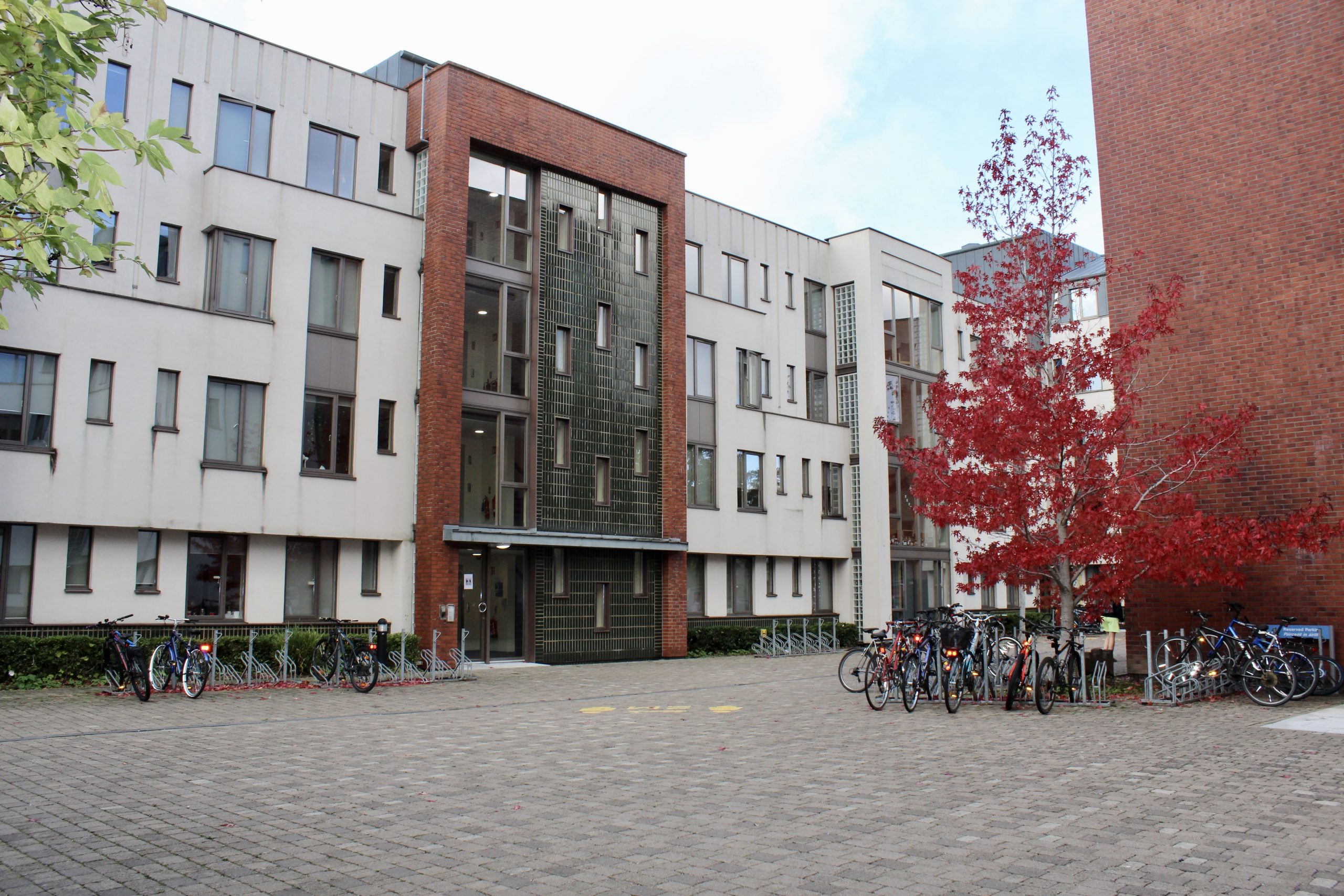As a member of Students4Change and an on-campus resident at Trinity College Dublin, I feel compelled and fit to address the current state of Trinity-owned accommodation. The college’s accommodation fees have been subject to much scrutiny and criticism over the years, particularly in light of the €10.9 million net profit made by the college in 2018 and yearly rent increases, most recently in 2022 by over 5%. Discourse on this issue needs to become more common as we push for a more transparent and equitable accommodation service.
Trinity College Dublin, a prestigious institution, is known not only for its history and architecture, but also for its exorbitant accommodation fees. The highest fees are for the college’s newest accommodation, Printing House Square. This accommodation has rooms that can reach costs of up to 275 euros per week, plus an additional 19 euros in utilities. The prohibitive fees for Printing House Square have been noted time and time again, particularly in light of a plague of issues that have left residents frustrated and feeling disenfranchised.
Students4Change conducted a survey, which was active from January until March, to gauge the impact of these high fees on the student body, receiving over 50 submissions from those living in Halls, On-Campus, and in the Trinity-contracted rooms in Kavanagh Court. The results were alarming: 69.1% of respondents reported experiencing financial difficulties as a direct result of paying for accommodation, while a mere 7.3% found it affordable. These figures highlight the pressing need for the college to address this issue.
Several quotes from the survey respondents illustrate the severity of the situation. One student lamented: “I pay just as much rent for a bedroom and shared kitchen as my parents do for a 3-bedroom house.” This statement underscores the disproportionate costs that students face compared to the general housing market.
“These issues are disproportionately affecting international students and as they arrive in Ireland with no prior knowledge of the private rental sector.”
Another respondent expressed their frustration with the way students are treated in the accommodation, stating: “I really dislike the way we are not treated like adults with rights.” This sentiment is echoed by other students who feel that their rights and dignity are not respected within the college’s accommodation system. Students would appear to have rights similar to those of a hotel resident owing to the lack of a proper tenancy agreement. Also, security guards in particular have been described as “extremely intimidating,” further exacerbating the negative experiences of students. These issues are disproportionately affecting international students and as they arrive in Ireland with no prior knowledge of the private rental sector, it is natural for them to choose Trinity accommodation.
A poignant comment from the survey reads, “Accommodation should be subsidised, not exploitative.” This statement highlights the crux of the issue: Trinity has a responsibility to provide affordable housing for its students, rather than profiting from their financial struggles. As one student shared, “Two-thirds of my wages go toward paying accommodation fees,” and another said that they are “unable to continue making rent payments” due to the extortionate rents. This is a testament to the financial burden that many students face, often forcing them to juggle work and studies to make ends meet.
The accommodation crisis at Trinity College Dublin is a microcosm of the broader national cost of living issues. Across Ireland, the cost of living has skyrocketed, with housing prices and rental rates reaching unprecedented levels. Students are particularly vulnerable, as they often have limited financial resources and rely on part-time jobs to support themselves. As of 2022, 15,000 students are in rent or fee debt to their institutions, 88% of students worry about finances; and one third have considered dropping out. Out of the 15,000 students, 250 are in arrears at Trinity College Dublin.
“By collaborating with student representatives and organisations such as Students4Change, the college can better understand the challenges faced by its students and create more effective policies.”
Trinity residencies and senior management need to actively engage with the student body in order to develop comprehensive solutions to the accommodation crisis. By collaborating with student representatives and organisations such as Students4Change, the college can better understand the challenges faced by its students and create more effective policies. On this issue, I recognise the recent demands made by the Students Union regarding accommodation, however, I believe we must demand more than just a guarantee of the same.
In light of the alarming statistics and personal testimonies, the college must take immediate action to address the accommodation crisis. As a prestigious institution, it is essential for the college to prioritise the well-being of its students and provide affordable housing options. I urge the college to reduce accommodation fees and to establish a transparent and fair pricing system, ensuring that no student is left struggling to make ends meet. Furthermore, the college should work towards providing proper tenancy agreements, granting students the rights and dignity they deserve while living in any of Trinity’s accommodations.
The accommodation crisis at Trinity College Dublin is a pressing issue that demands immediate attention and action. By addressing the financial difficulties faced by students and working towards providing affordable and dignified housing options, the college can prove that it values the well-being of its students. It is time for Trinity to work towards creating a more equitable and inclusive environment for all its students.






